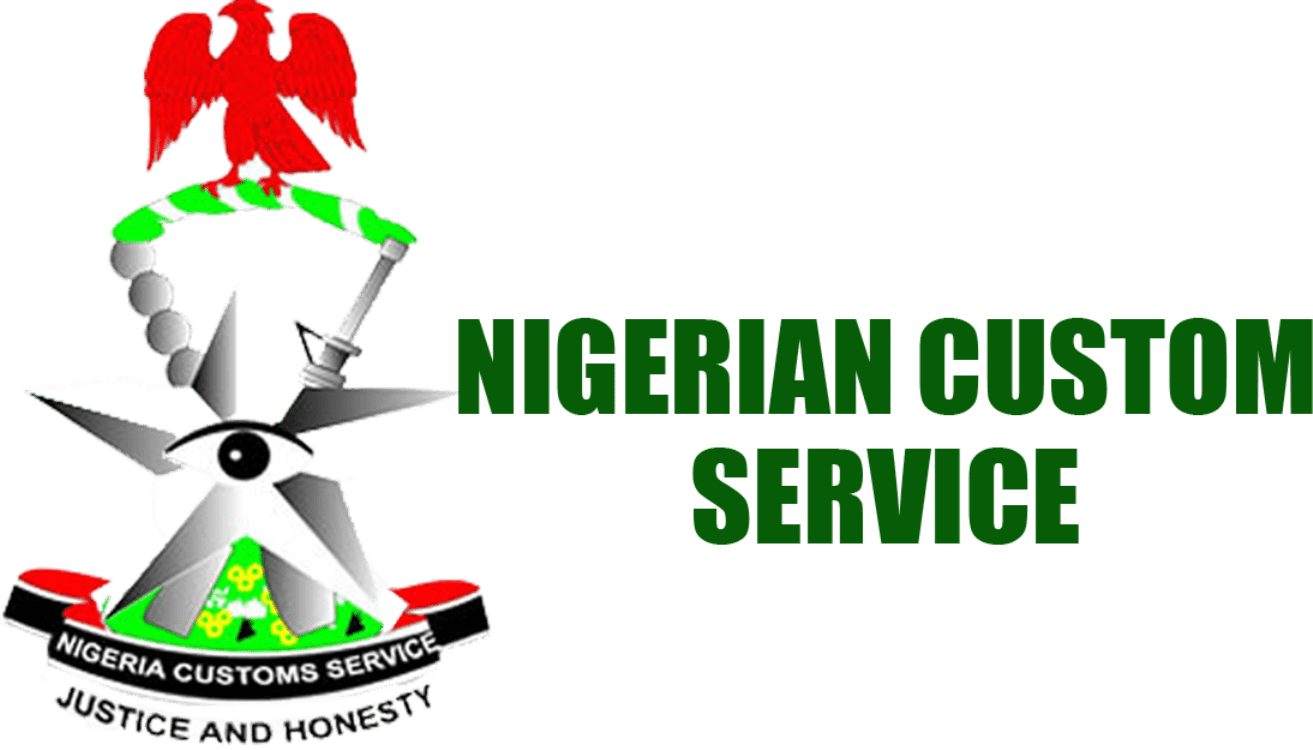
The acclaimed reduction of physical examination of cargoes at the seaports recently has pitched the Nigeria Customs Service (NCS), against the clearing agents, as the quest for the digital process of clearance intensifies at the nation’s gateway.
The Customs, had, during a webinar organized by Ships&Ports claimed that it has introduced several electronic processes that had reduced human contacts at the ports, but the Association of Nigerian Licensed Customs Agents (ANLCA), dismissed the claims, saying that physical examination of cargoes, which breed human contact, is still happening.
Deputy Comptroller of Customs and representative of the NCS at the Presidential Enabling Business Environment Council (PEBEC), DC Anthony Anyalogu, told stakeholders at the virtual dialogue that the NCS is planning to deploy endoscopic cameras for cargo examination at Nigerian seaports, even as it has reduced the number of cargoes being physically examined in efforts to enhance social distancing, and ensure prompt cargo clearing operations at the ports.
Speaking on the theme, “Enhancing Cargo Clearance Operation in Nigeria during COVID-19,” Anyalogu said while the Customs cannot completely stop physical examination of cargoes because of high-risk imports, it is planning to introduce the use of endoscopic cameras for inspection of cargoes that require a physical examination.
He noted that prior to the COVID-19 pandemic, most of the Customs processes had been automated with the deployment of an integrated information system, which allows importers and agents to make a declaration and pay import duty online without interfacing with the Customs.
“We have the Pre-Arrival Assessment Report (PAAR) that is done through the bank and comes in before the shipment arrives, and you don’t need to come to Customs. Most of the Customs processes are now delivered at the trader zone, which means you don’t have to go to Customs to do them. Before now, if you want to do declaration, payment and assessment of duty you come to Customs, but with the NICIS platform, all of that can be done by the trader without coming to Customs. It has allowed importers and agents to carry out their declaration in the comfort of their offices,” he said.
Vice President, ANLCA, Kayode Farinto, however, dismissed the claims suggesting that Customs should invoke Sections 28 and 29 of the Customs and Excise Management Act (CEMA), which gives the NCS power to implement the Bill of Sight and reduce the number of alerts placed on cargoes to lessen physical contact at the port.
He said, “The problem is that Customs is not ready to change, and they don’t believe in coronavirus pandemic because if they do, they would have streamlined human contact. Just yesterday, Customs sent another unit to be part of the examination at the port. We have advised that they invoke Sections 28 and 29 of CEMA because this is an abnormal situation.
“We still have more than five units that put intervention on cargo, which requires you to visit all the units. If there is going to be an outbreak of the virus at the port, it is going to be caused by Customs, because they are only protecting their officers and it is unfortunate they are not interested in the stakeholders.”
On his part, President, Africa Association of Professional Freight Forwarders and Logistics of Nigeria (AFFLON), Frank Ogunojemite, stressed the need for government to put in place necessary port infrastructure, including scanners, and develop the single window platform for all agencies to improve cargo clearance at the ports.
